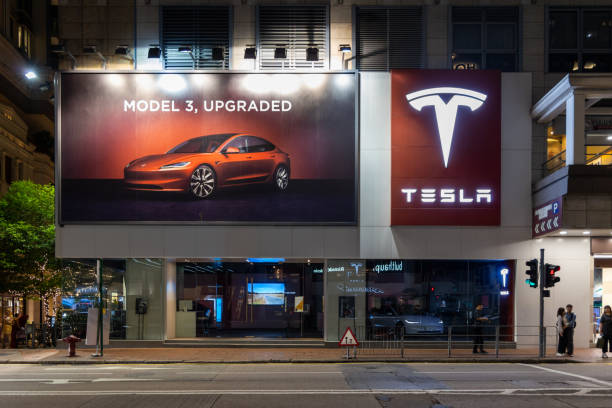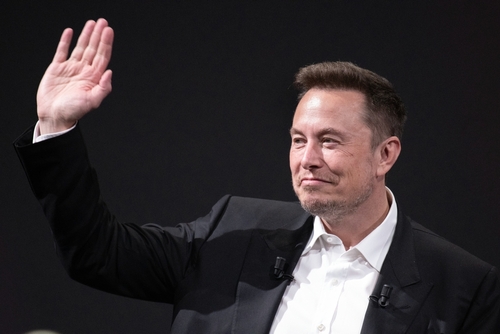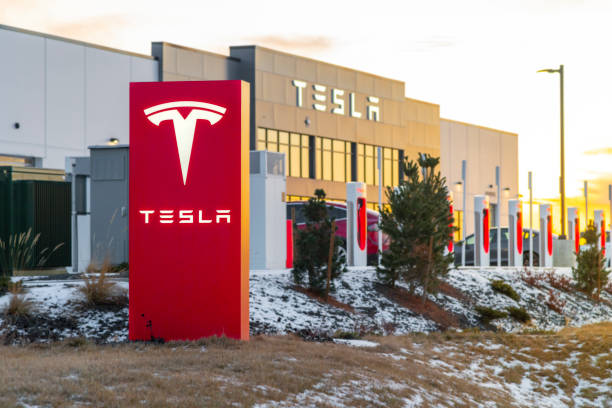Morgan Stanley survey: Tesla's popularity is waning

Investing.com - Morgan Stanley (NYSE:MS)'s 6th Annual Intern Survey, released on Monday, revealed shifting preferences among future business leaders and influencers, suggesting significant trends that may impact the automotive industry.
Tesla's (NASDAQ:TSLA) popularity has declined, with its desirability dropping to 11% from 14% year-over-year, now trailing behind Mercedes and BMW (ETR:BMWG). Preference for electric vehicles (EVs) also decreased, with only 15% of interns favoring them, while nearly twice as many preferred internal combustion engine (ICE (NYSE:ICE)) vehicles.
The survey, which gathered insights from approximately 575 Morgan Stanley North American summer interns, indicates evolving tastes and preferences in the auto sector that could surprise industry insiders.
The allure of Tesla appears to be waning, as gasoline-powered cars are preferred over EVs by nearly a 2-to-1 margin among interns. Tesla's desirability has further dropped to 11%, compared to 14% last year, 19% in 2022, and 30% in 2021. This shift in preference has been largely absorbed by Mercedes (19% compared to 20% last year) and BMW (16% compared to 13% last year).
For the second consecutive year, the preference for EVs has declined (15% this year, 22% last year, and 30% in 2022). In contrast, the preference for combustion engines ticked up to 28% from 23% last year. This aligns with Morgan Stanley's cautious outlook on U.S. EV penetration in the near term; their 2030 EV penetration forecast was recently lowered to 20% from 25%, reinforcing their 'ICE is Nice' thesis.
The interns' perspectives on the near-term adoption of autonomous vehicles mirror Morgan Stanley's cautious stance. A majority (51%) believe that owning or leasing a car will still be necessary by 2030, up from 48% last year and 44% in 2023.
Additionally, 19% of interns said they would not use a robo-taxi, up from 12% last year. Despite the significant corporate and investor emphasis on autonomous driving, the path to full autonomy may be longer than expected, especially from a consumer trust perspective.







